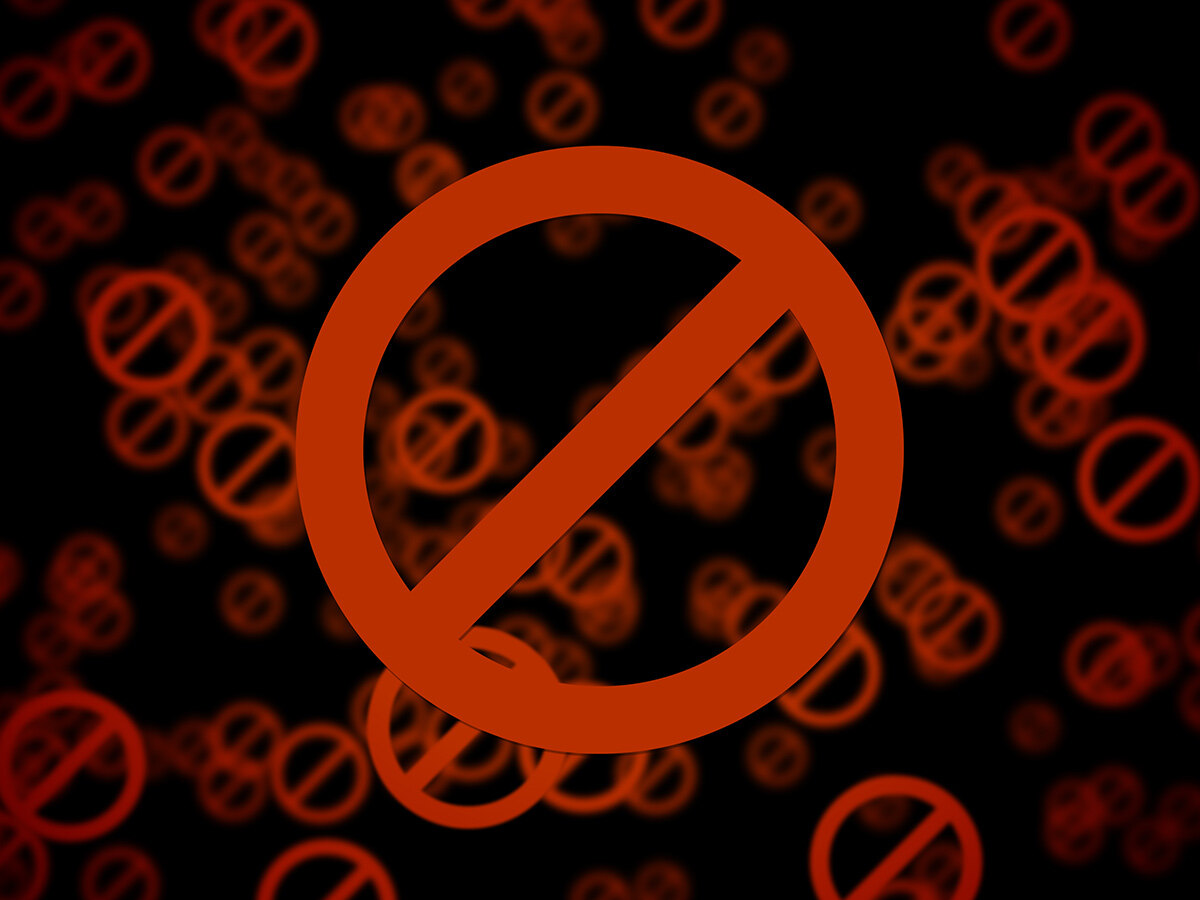It has been said that bland does nothing for a brand but it’s clear that taking an extreme position can be unhelpful too. GB News has moved from teething problems to the critical list after a series of problems have threatened to derail what some suggest is an alternative to the immensely popular though also contentious Fox News in the US.
For a start, the UK’s new interview-based news channel prompted a backlash from Stop Funding Hate campaigners who are calling for an advertising boycott.
GB News had only just started airing in the middle of June when the group called on volunteers to monitor who was advertising on the channel so the public could put pressure on brands to ask their agencies to take the channel off their media plans. The group normally puts pressure on brands not to advertise with tabloid newspapers, such as The Daily Mail. The Stop Funding Hate campaign is hoping its call for a boycott from advertisers will force the station to close down.
For its part, GB News says it has never claimed to be a UK version of Fox News, because it does not think that model would be a success in the UK. It also claims not to have included any hate speech in its first few weeks of broadcasting.
Come on air for a debate
At the time, an exasperated Andrew Neil, who was fronting the new news channel, called on anyone from the advertising industry to come on air and discuss the ban and point to any hate speech that might have prompted them to pull their advertising. No representative took him up on the offer.
Discussions with Sky Media, which books ad slots for GB News, revealed it spreads budgets around multiple television stations so advertisers can reach their intended audience. Hence, brands advertising on GB News had not actively requested to be seen there, their ads had been placed on the station by the system. Those who want to reconsider are able to request the channel is taken off their media plan.
Nivea, for example, asked for its advertising to not reach GB News until it has had a few months to monitor the channel and decide if it is a good fit for its brand. It denies it is boycotting the channel but instead evaluating it.
Andrew Neil’s challenge to the industry to debate the ad boycott was made in a speech in which he accused such brands, who have asked the channel to be removed from their media plans, of pandering to left-leaning agitators. In the past, he has been critical of the news agenda being driven by people he believes are too ‘woke’.
However, it seems that even Neil has a limit to how far he is happy for the pendulum to swing in the opposite direction. Shortly after launching the channel, he took an extended summer break, ostensibly to recharge his batteries. This is now being called into question, as reports suggest that he was concerned his reputation was taking a battering as a result of various problems with the launch, including budget sets and presenter conflicts (Guto Harri famously left the station after defending the taking of the knee).
The latest challenge to the station comes with the launch of Murdoch-backed talkTV, featuring its latest heavyweight signing, the polarising Piers Morgan. While GB News launched with a storied current affairs journalist and presenter, talkTV has an experienced broadcasting and publishing team behind it, and the wherewithal to create a more polished – and, some might argue, publicly-palatable product that is likely to offer comfort to presenters and advertisers alike.

